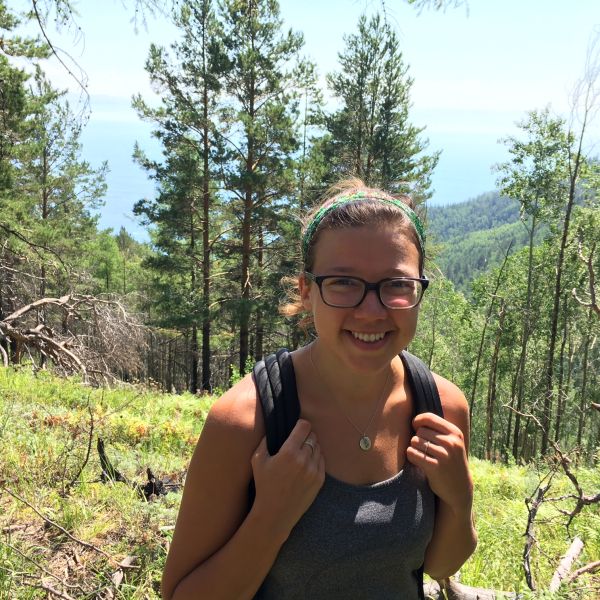Image

-
Quinn Runkle
Education for Sustainable Development Programme Manager, National Union of Students (UK)
- 30 Under 30
- 2017
Quinn Runkle is the Education for Sustainable Development Programme Manager in the Department for Sustainability at the National Union of Students (UK). She leads NUS’ work on Education for Sustainable Development (ESD) and manages the Responsible Futures programme which supports universities, colleges, and student unions to embed ESD throughout the formal and informal curricula. To date, 26 institutions (representing nearly 500,000 students) have either achieved or are currently working towards the Responsible Futures accreditation which aims to transforms students’ educational experience. NUS represents 7 million students across the UK and the mission for its sustainability work is to see all students, regardless of discipline, leaving formal education with the knowledge, skills, attributes, and values needed to create a more just and sustainable future.
Quinn grew up on the beautiful Sunshine Coast in British Columbia, Canada, where she developed a strong connection to her community and the environment. She was actively involved in sustainability initiatives throughout primary and secondary schooling and went on to pursue a Bachelor of Arts in Geography and Political Science with a specialism in Environment and Sustainability from the University of British Columbia (UBC).
It was at UBC that Quinn learned first-hand the power of meaningful, relevant, and holistic sustainability education. She had the pleasure of working with motivated and dedicated staff and students across the university to implement tangible changes – from running behaviour change campaigns to reduce energy-use in buildings to developing a manifesto depicting students’ vision for a more sustainable campus community. The hands-on learning opportunities Quinn had at UBC were invaluable in shaping who she is today – these included “campus as a living laboratory” research projects, working with a professor to develop a new course on climate change campaigning and communications, and collaborating with other students to campaign on issues that mattered to them, from Fairtrade to divestment from fossil fuels.
Quinn has had a lifelong commitment to creating more inclusive, fair, and sustainable communities. She believes that education can be a powerful force for good so long as our public institutions fulfil their moral obligation to prepare future graduates with the knowledge, skills, attributes, and values to tackle the world’s greatest challenges.